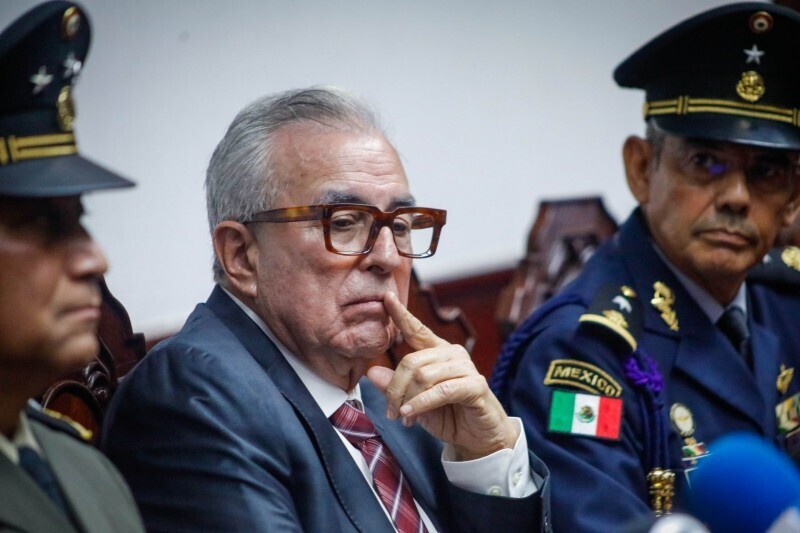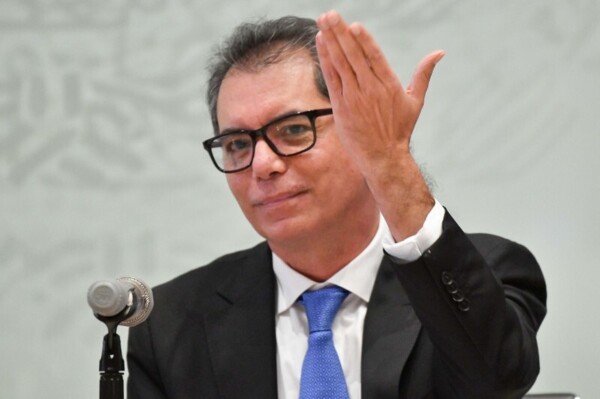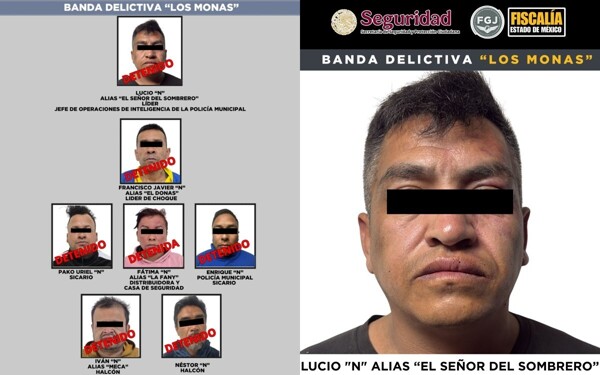
Rocha's containment became, in less than a week, Zambada's opportunity to return to Mexico. Rocha, who still to this day cannot explain where he was when Zambada was kidnapped, does not believe that Washington will agree to repatriate the drug lord, especially due to the character of the Attorney General and the new head of the DEA. Rocha believes that Zambada's claim is a direct assault on him, hence the return of a recurring rumor: that in the coming days he will face some kind of health issue that will lead him to permanent confinement in a hospital controlled by the Army, thus triggering a change of governor.
Rocha is the intersection point of the main figures of Obradorism: former President Andrés Manuel, Senator Adán Augusto López Hernández, and Deputy Ricardo Monreal. As it stands, Zambada is in a position to contribute new episodes to that dark chronicle where Rocha appears as the most vulnerable link. The governor, with a folksy and chatty style, has been very indiscreet about the most secret dimensions of politics: in the Senate, they still remember when, during long meals, he recounted his role as an alleged facilitator between the former president's circle and suspicious actors from Pacific politics.
A constellation of political connections that Zambada threatens to obliterate from prison. Zambada threatens to provide information to prosecutor Pam Bondi, a Florida lawyer obsessed with going deep against drug trafficking. It must be said: those relationships, which make him a toxic asset, are, in turn, the source of the support that the Government still offers him. The legacy of the politicians promoted by López Obrador is becoming heavier: Cuauhtémoc Blanco and his public meetings with members of the Jalisco Cartel, Américo Villarreal and his familiarity with the Carmona clan, and the police out of control in Tabasco, the birthplace of morenismo.
Ismael "Mayo" Zambada's request to be repatriated to Mexico has the Claudia Sheinbaum Government on edge, especially due to the drug lord's threat to disclose explosive information in the U.S. at the current moment, when tensions with Donald Trump are at very high decibels. Zambada's lawyer's requests had a precise timing: on one hand, Trump's constant references to the cartels' power over the government and, on the other, the image of Andy López Beltrán with Sinaloa Governor Rubén Rocha. The governor had started the week, according to those around him, with relative optimism: Andy offered him full political support and then came three days of relative stability, almost without executions but with the already usual disappearances.
But today, Friday, the reality is one of absolute tension. To make matters worse, Rocha was sharing his stories without much trust in his interlocutors. A cold and overly superficial style that installs, in the heart of Obradorism, the perception that Rocha will not withstand the slightest pressure if arrested. That is why the trip and the photo of Andy, to reaffirm that Rocha would not leave the governorship of his state. That gesture of support now has a disturbing collateral effect in the U.S.













